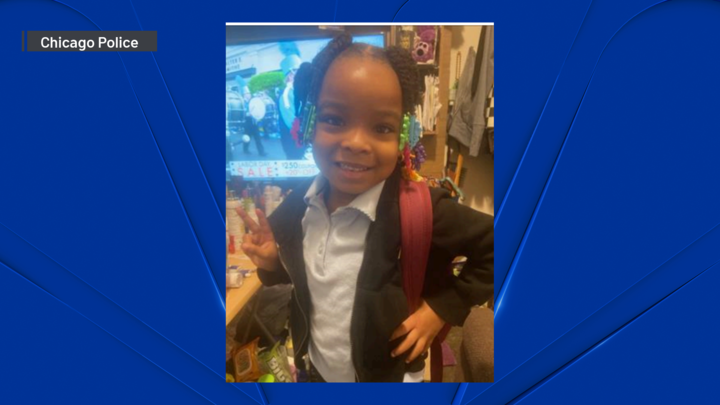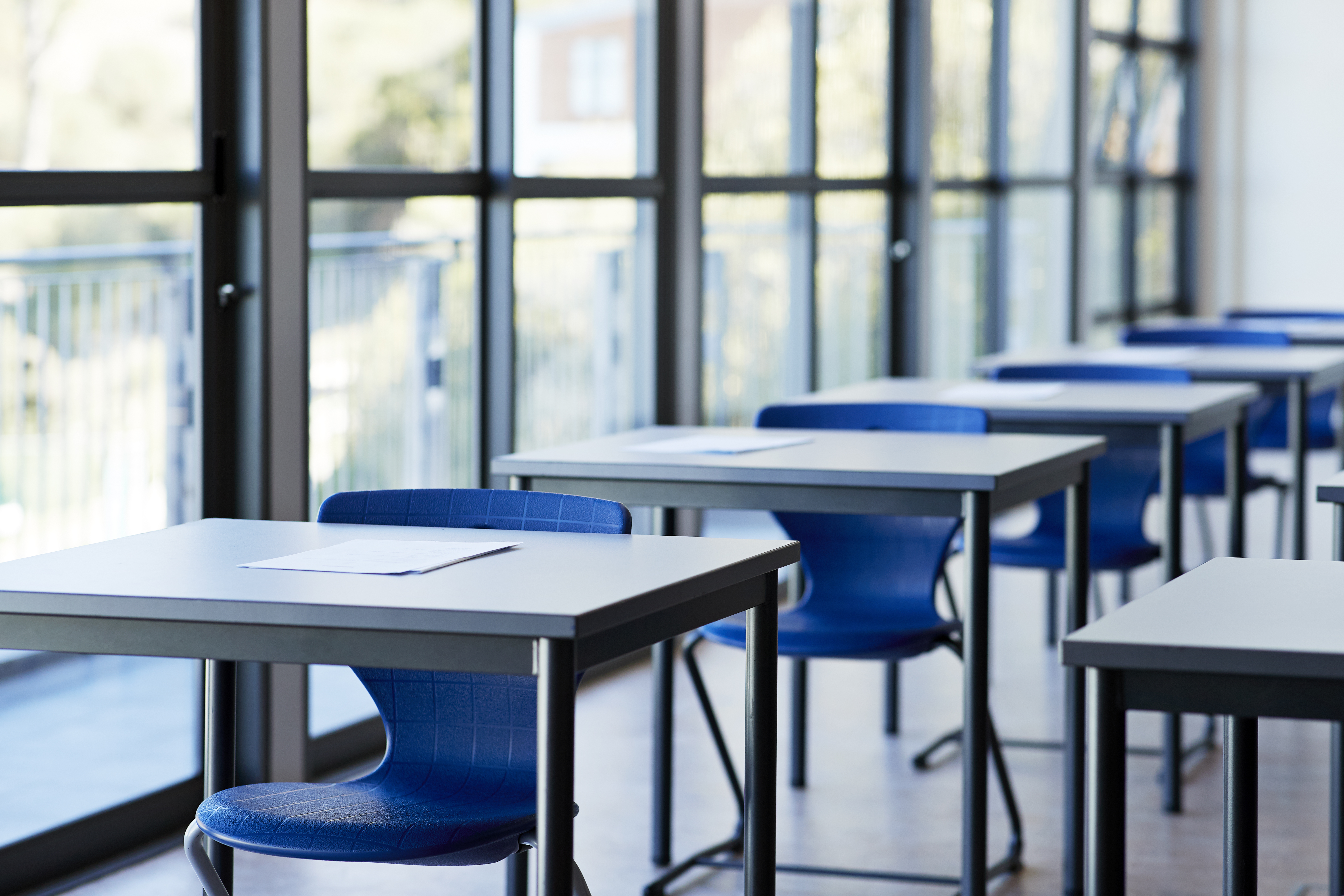Plumbers and HVAC workers are taking on a heavy load this week as intense cold continues to impact the Chicago area, with many homeowners combatting broken furnaces and burst pipes in the worst of conditions, NBC Chicago’s Evrod Cassimy.
Plumbers and HVAC workers are taking on a heavy load this week as intense cold continues to impact the Chicago area, with many homeowners combatting broken furnaces and burst pipes in the worst of conditions.
Albert Conforti and other workers with Cerniglia Underground Contractors are working through sub-zero temperatures at night, with Tuesday's task involving repairing a broken water main in Melrose Park affecting several businesses.
“It’s just the ground moving," he explained. "When it gets super cold and the ground starts to heave up and down. When there’s a weak spot in the pipe that breaks," Conforti said.
Police had the road blocked off where water from the burst pipe turned to ice on the road.
In Lincolnwood, workers at Pita Bowl are back to serving up Mediterranean cuisine just a day after a pipe burst in the restaurant, with the owner describing the headache that followed.
“I don’t wish that on anybody," said Pita Bowl owner, Yunis Abdallah. “The company sucked all the water and the plumber guy, he fixed our damage.”
For Mike Schmidt of Michael Paul Plumbing, this stretch of cold weather has involved repairing burst pipes inside homes in Arlington Heights, advising residents across the area to leave their faucets dripping to prevent pipes from bursting.
Local
“The easiest thing is to drip the faucet," said Schmidt. "Turn the faucet on and let it slowly flow. Moving water won’t freeze. The other thing you can do is open up the cabinet door and blow a fan in there to get some air circulating in there.”
Mr. Rooter Plumbing of Lincoln Park also offered the following tips for keeping your pipes from bursting in this weather:
Feeling out of the loop? We'll catch you up on the Chicago news you need to know. Sign up for the weekly Chicago Catch-Up newsletter.
Prevention is key:
- Insulate exposed pipes: Use pipe insulation sleeves or foam wrap to protect any piping running through unheated areas like crawl spaces, attics, or exterior walls.
- Open cabinet doors beneath sinks: This allows warm air to circulate around vulnerable pipes inside cabinets.
- Let faucets drip slightly: Even a slow trickle of water can prevent freezing in the pipes. Choose faucets furthest from the main shutoff valve for best effect.
- Seal air leaks around windows and doors: Drafts can send chills to your pipes, so weatherstrip and caulk potential drafts.
- Drain and disconnect outdoor hoses: Disconnect and drain hoses from spigots to prevent ice buildup from cracking the faucet.
- Know your main water shutoff valve: Locate it and ensure its easily accessible in case you need to shut off the water quickly.
Action tips for extreme cold:
- Keep your thermostat set above freezing: Even if you're away, maintaining a minimum temperature can prevent pipe freezes.
- Keep interior doors open: Allow warm air to circulate throughout the house to reach vulnerable areas.
- Heat up crawl spaces and attics: Use space heaters or heat lamps, but keep them far from combustible materials.
- Wrap exposed pipes with heating cables: For extra protection, consider installing heat tape on critical pipes, especially those prone to freezing.
If you suspect a frozen pipe:
- Shut off the water supply at the main valve immediately.
- Apply heat to the frozen section: Use a hair dryer, warm towels, or hot water bottles (never open flames!).
- Once thawed, turn the water back on slowly and monitor for leaks.



